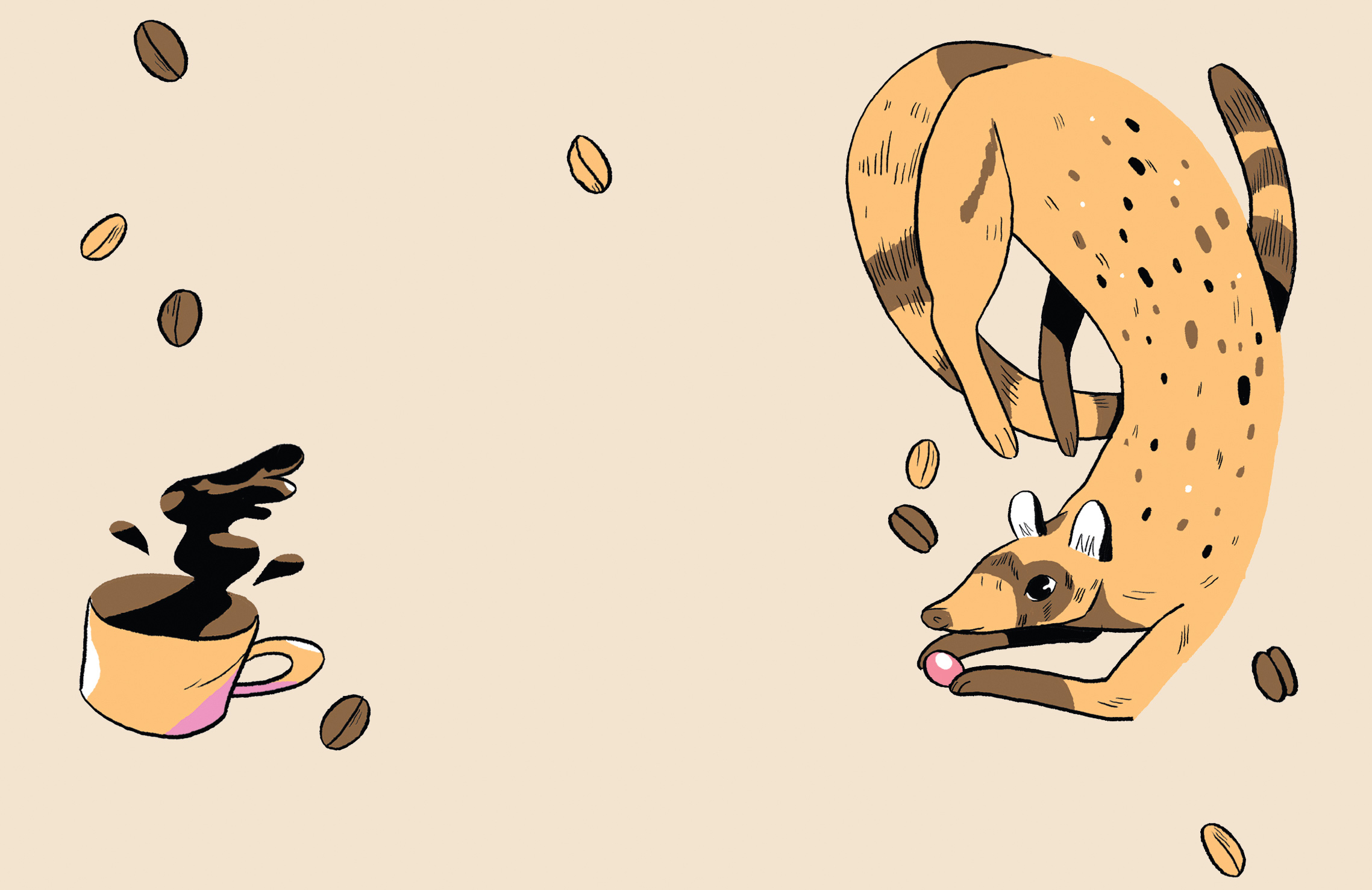
4 | Rules for A New Coffee Future
RULE 52
Coffee is probably good for you.
In the sixteenth century, authorities warned that coffeehouses in the Middle East led to unseemly behavior and abnormal sexual practices.
It feels like every week the news desk at Sprudge receives word of a new study: Coffee shown to stabilize brain waves! Coffee may lead to retina failure. Coffee might prolong your life! Coffee causes certain death. The studies come in one after the other, until as coffee lovers we experience a sort of data blindness amid a blizzard of contradicting information.
At least take some comfort in the fact that this is nothing new. Conflicting views of the health effects of coffee date back to at least the sixteenth century, when authorities warned that coffeehouses in the Middle East led to unseemly behavior and abnormal sexual practices. In seventeenth-century London, coffee shop owners posited coffee as a sort of cure-all, able to ameliorate stomach ailments, scurvy, and gout, and even help with childbirth. Later in the twentieth century, it was variously claimed that coffee can lead to poor school performance, stunt growth, and mess with your blood pressure. Now here in the early twenty-first century, new studies (and the study of studies) have led researchers to believe that coffee might help prevent a stroke (if you drink enough of it). Same goes for liver and prostate cancer, heart disease, and heart failure.
There will be more studies published in the time it takes us to write this book, with no end in sight—it must be an attractive field for scientists. But we’re not sure you should be trusting big science to tell you what’s good for you or not. If you’ve ever found comfort in the bottom of a nice hot mug, or used coffee as a practical stimulant to help you through your work morning, then you already know its benefits. Sometimes it’s okay to trust your gut on this stuff. Coffee is absolutely, most definitely good for us. (Probably.)
Kopi Luwak is problematic.
The year was 2007. Filmmaker Rob Reiner’s The Bucket List opened on Christmas Day, gifting the world with a charming buddy comedy. Unfortunately for coffee professionals, Reiner also inadvertently made Kopi Luwak a household name. Morgan Freeman introduces Jack Nicholson to the wildly expensive coffee that’s been digested by a civet—a kind of Southeast Asian weasel. They have a laugh, and eventually Nicholson’s character drinks it with gusto.
Since that fateful movie, Kopi Luwak has enjoyed an outsized place in the public imagination. Indeed, in taxi cabs and on airplanes around the world, the number one question that comes up when people find out we’re in the coffee biz is something to the effect of, “Have you tried that cat/weasel/civet poop coffee?” The answer is yes, we’ve tried a few. And they were all disappointing.
Kopi Luwak is coffee that is processed not with water or heat but through the digestive tract of an animal: typically the aforementioned civet, called a luwak in Indo- nesia. And indeed, there are wild civets happily eating coffee cherries and happy farmers collecting droppings of undigested coffee seeds. The seeds are roasted and can be sold for over $300 a pound.
However, this tale does not reflect the total reality of Kopi Luwak production. According to investigators at the BBC and other organizations, many Kopi Luwak producers keep their civets in cramped cages, force feeding them coffee cherries of varying quality. Not only is this an animal rights issue, the coffee it produces isn’t very good. It’s the opposite of the gavage practices that go into making foie gras—admittedly cruel, but with undeniably delicious results. Kopi Luwak has no such payoff. It’s needlessly cruel and gross, gimmickry of the highest form, and as much as we might love Rob Reiner—especially early ’90s Sleepless in Seattle–era “cute butt” Rob Reiner—we wish his movie hadn’t mentioned it.
We don’t recommend buying Kopi Luwak. There are world-class coffees that might not have the same novel approach to processing but are far better for your tastebuds, and most especially for the helpless animals, who didn’t ask for any of this.
